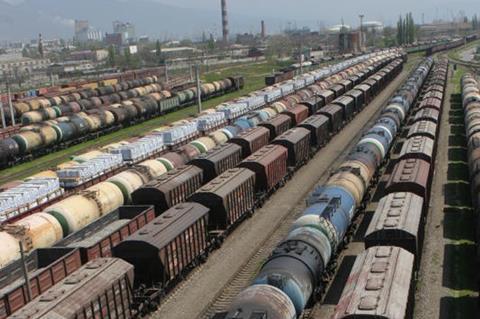Russia’s railway gasoline exports drastically fell in March due to a fuel embargo, tightening the domestic market amid rising demand and refinery outages, data from market sources and Reuters calculations revealed on Thursday.
At the end of February, Russia imposed a six-month ban on gasoline exports from March 1 to stabilise prices amidst increasing consumer and agricultural demand and facilitate refinery maintenance.
Exceptions were granted for fuel supplied under inter-governmental agreements, notably with members of the Eurasian Economic Union.
Russian refineries exported approximately 323,000 metric tons of gasoline by rail in March, primarily to Mongolia, Uzbekistan, Tajikistan, and Kyrgyzstan. However, exports via ports like Ust-Luga and Murmansk were limited, with some ports recording no shipments.
Traders expect further export declines due to seasonal maintenance and unforeseen refinery issues. Approximately 14 per cent of Russia’s primary oil refining capacity was temporarily halted by the end of March due to Ukrainian drone attacks.
April is anticipated to witness a 9.5 per cent increase in Russia’s daily offline primary oil refining capacity compared to March. To address potential shortages, Russia might boost gasoline imports from Belarus.
Since the EU embargo on Russian oil products in February 2023, Russia has re-directed exports to Africa, Asia, Turkey, and Brazil, potentially creating opportunities for European sellers, according to traders.
